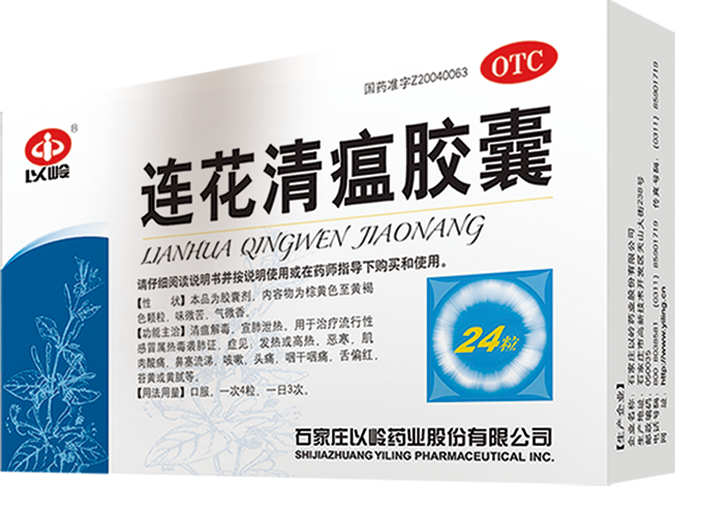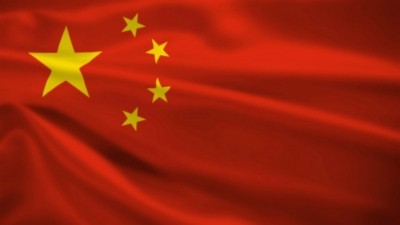International boom: Yiling Pharmaceutical sees overseas revenue soar amid COVID-19 interest in Lianhua Qingwen botanical

Yiling Pharmaceutical’s growth in the overseas markets last year started from a small base of RMB$29m (US$4.56m) in FY2019.
This grew to RMB$304m (US$46m) last year. Revenue from the overseas markets now occupies 3.46 per cent of the company’s total revenue.
The growth was linked to the introduction of Lianhua Qingwen in new overseas markets last year.
The product has been shown to speed up recovery in COVID-19 patients in a two-week RCT and findings have been published in Phytomedicine.
Since then, it has been approved and sold in new markets such as Thailand and Laos.
According to the company, the product is also registered in other parts of South East Asia including Singapore, Philippines, and some parts of Middle East such as Kuwait, Central Asia, and Africa as a medicine.
Elsewhere in Russia, Brazil, Romania, Ukraine, and Kyrgyzstan, the product is registered as a dietary supplement.
At the moment, the product has been registered and approved for sale in over 20 countries, the company is planning to register the product in another 30 markets.
Lianhua Qingwen was first introduced into the market in 2003 and since then, it has been recognised by the Chinese authorities as a recommended medicine for bird flu, COVID-19, influenza A, and influenza B viruses.
The product is also said to be the first TCM used by the US FDA in a trial for treating influenza. The trial is in the statistics analysis stage.
It consists of 13 herbs: Lian Qiao (Fructus Forsythiae, weeping forsythia capsule), Ma Huang (Herba Ephedrae, ephedra), Jin Yin Hua (Flos Lonicerae, honeysuckle flower), Ban Lan Gen (Radix Isatidis, isatis root), Mianma Guanzhong (Rhizoma Dryopteris crassirhizomae, male fern rhizome), Bo He (Herba Menthae, menthol), Shi Gao (Gypsum Fibrosum, gypsum), Guang Huo Xiang (Herba Pogostemonis, cablin patchouli herb), Hong Jing Tian (Herba Rhodiolae, rose-boot), Yu Xing Cao (Herba Houttuyniae, heartleaf houttuynia herb), Da Huang (Radix et Rhizoma Rhei, rhubarb root and rhizome), Ku Xing Ren (Semen Armeniacae Amarum, bitter apricot seed) and Gan Cao (Radix Glycyrrhizae, liquorice root).
The company said it would continue its overseas expansion plans through a new international trade centre.
“The international trade centre will focus on overseas trade expansion, this is not only to step out of the country by bringing high quality TCM to the whole world, but also to bring in exceptional technologies and products from overseas into China,” the company said.
It hopes this will open up opportunities for international expansion of its health products in both offline and cross-border e-commerce channels.
Aside from TCM, the company also developed health products for glucose control, blood pressure control, lipid reduction, weight management, relief of constipation, detox etc.
Overall, the company’s total revenue was up 50.76 per cent last year to RMB$8.78 bn (US$1.34bn).
The domestic China market saw its revenue went up by 46.29 per cent to RMB$8.47bn (US$1.29bn).
Growing market share
In China, Lianhua Qingwen also gained market share in both B2B and B2C channels.
In the hospital channel, the product’s market share (in the category of TCM products for flu) grew to 37.9 per cent, up from 16.9 per cent in year 2019.
In the B2C market, its market share (in the category of TCM for flu, heat relief) went up from 3.68 per cent to 9.86 per cent.















